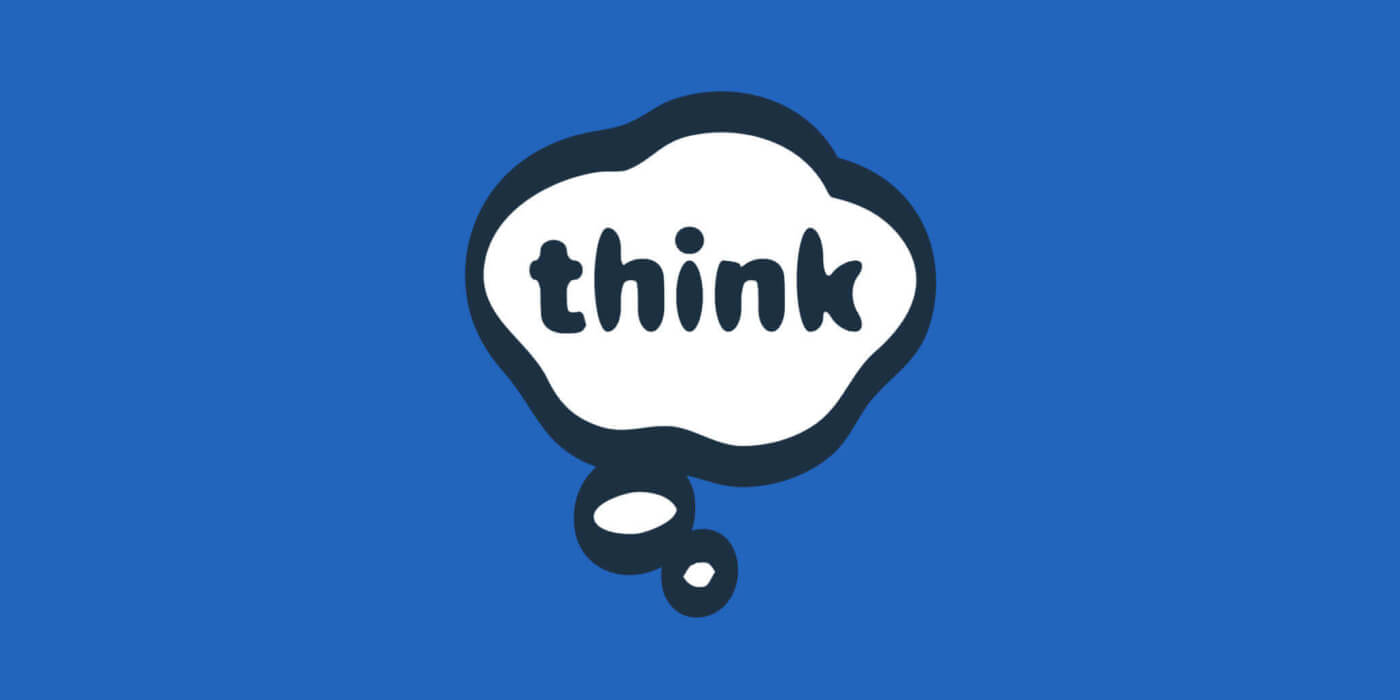Electronic Publishing and the Changing Valuation of Ideas

I’m currently taking a graduate course on the life and work of Mark Twain. In our online discussion of the historical controversy surrounding Adventures of Huckleberry Finn, it quickly became apparent to me that one of the very foundations of the contention, the position of the library as arbiter of the literary canon, has become irrelevant. In an era in which the entire text of the novel is freely available online, a decision by a library to pull the book from its shelves suddenly seems impotent.
As a lover of free speech, literature, and intelligent discourse about ideas, I view this ease of access positively. However, I wondered if there might not be a darker underbelly to the issue. Specifically, does the fact that ideas are now so ubiquitously accessible devalue them? Popular blogging platforms have made it possible for anyone to publish anything. Hosted blogs are incredibly quick and easy to set up and a determined individual could easily publish their first blog post in well under half an hour.
Contrast this with the traditional publishing process. In days of yore, if someone had something to say and share with others, she first had to write and edit her piece. Then, she was compelled to undertake the grueling process of finding a publisher for her work, a journey traditionally fraught with rejection, discouragement, and, importantly, the passage of time which might render her initial writing obsolete, or at least cause her to rethink it. Self-publishing was an option, but even bound photocopies are not without cost, and then there would be the matter of distribution to consider. How would she circulate her homegrown publication?
Clearly, the internet has radically altered this entire process. While champions of freedom of expression cheer the overthrow of the gatekeepers who once held the keys to publication, there is another angle to contemplate. Namely, we are now drowning in content. The phrase “information overload” is no longer sufficient to describe the utter ubiquity of information. According to Pingdom, there were approximately 634 million websites online as of December, 2012. With this volume of material (much of it free) so readily available, is the monetary value of that information decreasing? What about the perceived value of an idea? Is that declining?
To couch the matter in economic terms, the supply of information is high. So also is the demand, however. As the number of websites has increased, so too has the number of Internet users worldwide. You need look no further than your own escalating Internet usage over the past five or ten years to understand how the demand for electronic media is augmenting exponentially. This healthy demand is good news for the valuation of ideas. In a high supply / low demand paradigm, valuations are doomed. When supply and demand are both robust, however, there is a chance that worth can remain stable. This is a hopeful sign vis-à-vis the quantitative and qualitative valuation of intellectual property.
The key is really the relationship between supply and demand. Is demand growing faster than supply or is supply outpacing demand? The former would be excellent news for content producers, as it would indicate that consumers of their information perceive it as qualitatively valuable and might therefore be willing to pay for it. The latter scenario bodes poorly for those looking to monetize their online publications. More distressingly, it would suggest that the lowered barrier to entry for the dissemination of ideas has resulted in a decreased perception of the value of those ideas.
What do you think? Does the glut of information available online make you value ideas more or less? How do Internet users’ expectations of free content alter the monetary side of this valuation equation?



